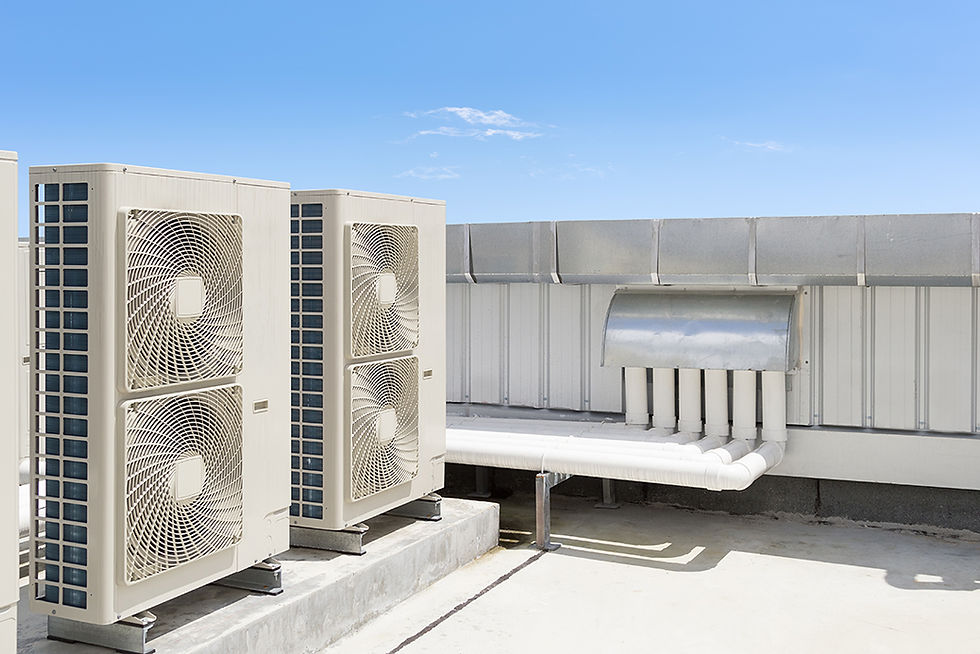How to Choose Suitable Crane Hire for Your Project
- Emma Smith
- May 6, 2024
- 3 min read

Can the crane reach up to where it's needed to? Does the crane fit within the confines of your site? These are probably the first questions that pop into your mind when you think about hiring a crane. But that's just the tip of the metaphorical iceberg. In this guide, we’ll dive beneath the surface to help you unravel the complexities when it comes to choosing suitable crane hire for your project.
Getting the right crane is not just a matter of checking off boxes on a features list. It's about defining what your needs are, evaluating various options and weighing their pros and cons to make an informed decision. Whether you're a seasoned contractor or a first-time project manager, we've got the key factors you need to consider so that your crane hire doesn't turn into a major headache.
Our ultimate crane hire guide is detailed, well-researched and visually organized just for you. Tempted to peek? Stay with us as we unravel the intricacies of crane hire and explain how you can tailor your choices to suit your unique project needs.
Determining Your Specific Project needs
Before you reach out to crane hire companies, it's crucial to establish a clear understanding of your project's unique needs. Consider the height and weight to lift, crane mobility on-site, and the overall site access. Having these specifics on-hand will save you time and possibly, extra costs down the line.
Noted down your project specifications? Great! Now take time to discuss these with a professional from the crane hire company. Their wealth of experience could save you from potential pitfalls in your project.
Also, don't forget about legal restrictions: your location may limit how high a crane can reach, or what streets heavy machinery can traverse. Consider these factors and you're off to a great start towards a successful crane hire selection.
Understanding Different Crane Types
Now that you have your project requirements, next up is the crane type. Tower cranes, mobile cranes, telescopic cranes, each designed for a specific purpose.
Don't worry if you're not an expert on cranes—we’ll guide you through an overview of the most common types and their uses.
Finally, it's not enough to know the crane types—you also need to consider operator training and safety procedures: important aspects to have in place to ensure your project doesn't end up in a construction site disaster.
Evaluating Crane Hire Companies
Once you've identified your needs and preferred crane type, the next step is choosing a reputable crane hire company.
Look for transparency, level of experience, their portfolio of previous projects, and client feedback. Another crucial factor is the company’s adherence to safety regulations and procedures.
Furthermore, the crane hire rates will play a significant part in your decision-making process. Be aware of extra charges like delivery, operator fees, and setup costs.
Exploring the Costs and Benefits
Comparing the costs and benefits of crane hire equips you with all the information you need to make an informed decision.
Renting cranes might be expensive but consider the alternative—the capital cost of buying, the ongoing maintenance, needing a place to store it when not in use, and let's not forget the cost of training an operator.
Once you've assessed these factors, you'll have a comprehensive overview to help determine whether hiring a crane is indeed the most cost-effective choice.
Overcoming Project Challenges
Every successful crane hire project overcame challenges along the way. From complex lifting maneuvers to strict local regulations, there's always a potential hiccup waiting around the corner.
Even with contingency plans, unexpected obstacles could arise. But with early identification and effective management strategies, you can mitigate these issues.
Conclusion:
Choosing a suitable crane hire is a complex task, but it doesn’t have to be overwhelming. With an understanding of your unique project needs, knowledge of the various crane types, and a careful evaluation of potential hiring companies, you can confidently navigate through your selection process. Remember, hiring a crane is a decision that requires careful consideration; the crane you select directly influences your project's success.
Our crane hire guide aims to equip you with the right tools to make the best possible decision. It’s about striking a balance between cost-effectiveness, safety, function, and legal considerations—and doing so with precision and confidence.
In the end, remember, an effectively managed crane hire doesn’t just lift loads—it lifts your project’s potential to reach new heights of success.




Comments